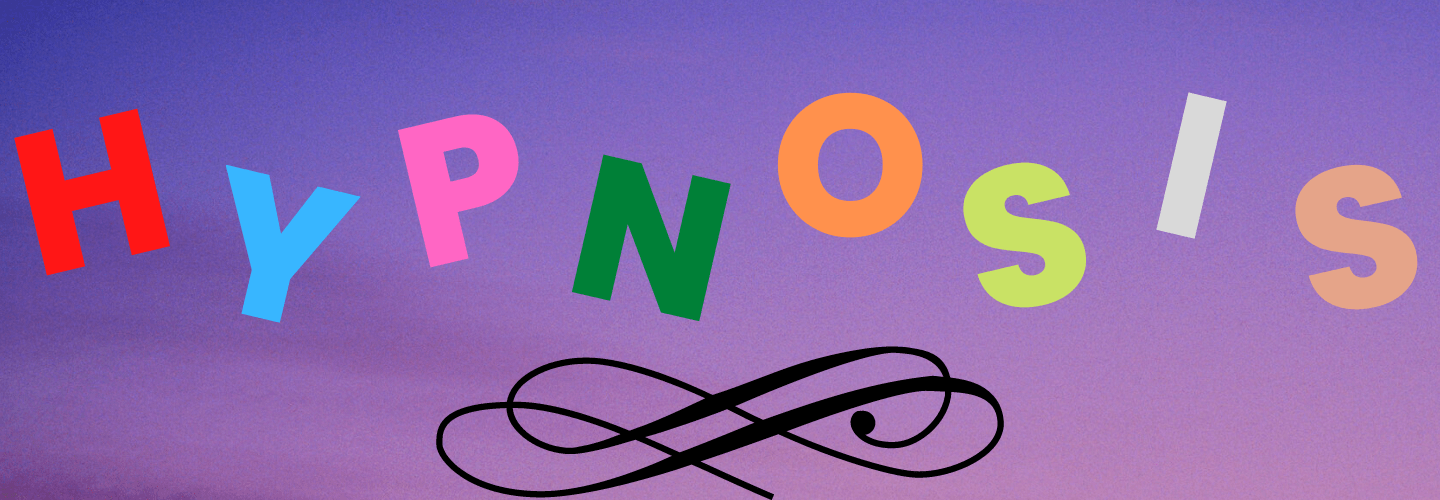
You might find it curious that many people share your struggle with procrastination, yet few understand its deeper roots. It often stems from emotional challenges like low self-confidence or anxiety, creating a fear of failure that paralyzes you. This isn't just about poor time management; it's a complex issue affecting your mental health. As you explore these underlying factors, you may uncover surprising truths about your behavior and how to regain control over your life.
Key Takeaways
- Chronic procrastination often stems from emotional management issues, including low self-confidence and anxiety, leading to avoidance behaviors.
- Fear of failure and perfectionism create a paralyzing cycle, making it difficult to start or complete tasks.
- The limbic system prioritizes immediate gratification, pushing long-term goals aside in favor of short-term pleasures.
- Procrastination can exacerbate mental health issues, leading to increased stress, anxiety, and feelings of guilt and shame.
- Recognizing personal triggers and perfectionism is essential for breaking the cycle of avoidance and fostering healthier productivity.
Understanding the Roots of Procrastination
Understanding the roots of procrastination is essential if you want to break free from its grip. Chronic procrastinators often struggle with emotional management rather than just time management. This behavior typically stems from low self-confidence, anxiety, or perfectionism, causing you to avoid tasks due to a fear of failure or unrealistic expectations.
The limbic system in your brain favors immediate gratification, overriding your decision-making abilities and pushing long-term goals aside. This cycle not only harms productivity but also leads to increased stress and deteriorating mental health.
Guilt and shame can further entrap you, making it vital to recognize personal triggers and emotional responses. Acknowledging these patterns allows you to reclaim control and gradually shift your approach to tasks.
The Role of Fear and Anxiety

Fear and anxiety play a significant role in fueling procrastination, often intertwining with the emotional challenges you've already faced. The fear of failure can paralyze you, making tasks feel intimidating and judgmental. Anxiety-driven procrastinators, like "The Worrier," delay action due to overwhelming dread of negative outcomes. This avoidance creates a vicious cycle, amplifying stress and undermining self-esteem.
| Factor | Impact on Procrastination | Solutions |
|---|---|---|
| Fear of Failure | Avoidance of tasks | Embrace small steps |
| Low Self-Esteem | Increased anxiety and avoidance | Build self-compassion |
| Anxiety | Heightened stress levels | Practice mindfulness |
| Judgment | Fear of criticism | Seek constructive feedback |
| Mood Regulation | Prioritizing short-term pleasure | Set realistic long-term goals |
Understanding these connections is essential to breaking free from procrastination.
Perfectionism and Its Impact

While aspiring for excellence can be admirable, perfectionism often becomes a double-edged sword that fuels procrastination. You might delay tasks because you fear poor performance or failure, which creates a cycle of avoidance.
Research shows that perfectionists set unrealistically high standards, leading to increased stress levels when they feel unable to meet those expectations. This pressure can paralyze you, making it difficult to even start.
Perfectionists often impose unattainable standards on themselves, resulting in heightened stress and paralysis that prevents action.
Instead of taking actionable steps, you may find yourself caught in excessive planning or revisions, further hindering your progress. It's crucial to recognize how perfectionism can exacerbate procrastination, trapping you in a loop of anxiety and inaction.
Breaking free from these patterns can ultimately lead to healthier productivity and personal satisfaction.
Procrastination's Effects on Mental Health

Perfectionism can create a toxic environment for productivity, often leading to procrastination that greatly impacts your mental health.
When you delay tasks, you may experience increased stress and anxiety, which can exacerbate conditions like depression and lower self-esteem. Chronic procrastinators often face feelings of guilt and shame, further deepening their mental health struggles.
This avoidance behavior can create a vicious cycle, where the stress of unfinished tasks leads to more procrastination, ultimately affecting your overall well-being.
Studies show that procrastinators report higher rates of mood disorders compared to non-procrastinators. Recognizing your emotional triggers and addressing these patterns is essential, as they considerably influence your mental health outcomes and overall quality of life.
Signs That Procrastination Is Affecting Your Life

If you find yourself frequently missing deadlines or feeling overwhelmed by tasks you've been avoiding, these may be clear signs that procrastination is affecting your life.
Research indicates that around 20% of adults and 50% of university students struggle with procrastination, leading to significant stress and negative impacts on performance. You might feel guilt or shame, which can intensify anxiety and erode your self-esteem.
This cycle often results in lower grades or lost opportunities. In addition, chronic procrastination can pose serious health risks, such as hypertension and cardiovascular disease.
If you notice these patterns, it's essential to recognize how procrastination is influencing your mental and physical well-being. Acknowledging these signs is the first step toward change.
Strategies to Overcome Procrastination

To effectively combat procrastination, you need practical strategies that address the underlying causes of your avoidance behavior.
Start by breaking tasks into smaller, manageable parts; this reduces feelings of overwhelm and makes it easier to initiate and complete them. Set specific personal deadlines for each segment, creating a sense of urgency and accountability that can motivate you to act.
Break tasks into smaller parts and set personal deadlines to combat overwhelm and boost motivation.
Create a designated workspace free from distractions to enhance your focus and productivity. Incorporate regular breaks to maintain your energy levels, which helps improve concentration and efficiency.
Finally, practice self-forgiveness and use positive reinforcement to celebrate small successes, fostering motivation to keep progressing towards larger goals.
Implementing these strategies to overcome procrastination can greatly enhance your overall productivity and well-being.
Frequently Asked Questions
What Is the Truth Behind Procrastination?
You've probably noticed how delaying a simple task, like submitting an assignment, spirals into stress and anxiety. The truth behind procrastination isn't mere laziness; it's often rooted in deeper emotional issues that you need to address.
Why Do I Always Procrastinate Everything?
You often procrastinate because of underlying fears, like failure or inadequacy. These emotions trigger avoidance behavior, leading to unnecessary delays. Acknowledging these feelings can help you address and overcome your procrastination patterns effectively.
What Is the Fear Behind Procrastination?
The fear behind procrastination often stems from anxiety about failing or not meeting expectations. You might avoid tasks to escape potential judgment, which only deepens your self-doubt and reinforces a cycle of inaction and distress.
What Causes Extreme Procrastination?
Extreme procrastination often stems from anxiety, perfectionism, and fear of failure. You might avoid tasks due to discomfort, leading to guilt and shame, which creates a cycle that hampers both productivity and mental well-being.
Conclusion
So, while you think procrastination is just a harmless habit, it's really a sneaky thief, robbing you of your potential and peace of mind. You might feel a fleeting sense of relief in avoiding tasks, but this escape only deepens your anxiety and self-doubt. Real freedom lies in confronting those fears head-on, embracing imperfection, and taking small steps forward. Ironically, the path to productivity starts with acknowledging that perfection isn't the goal; progress is.





